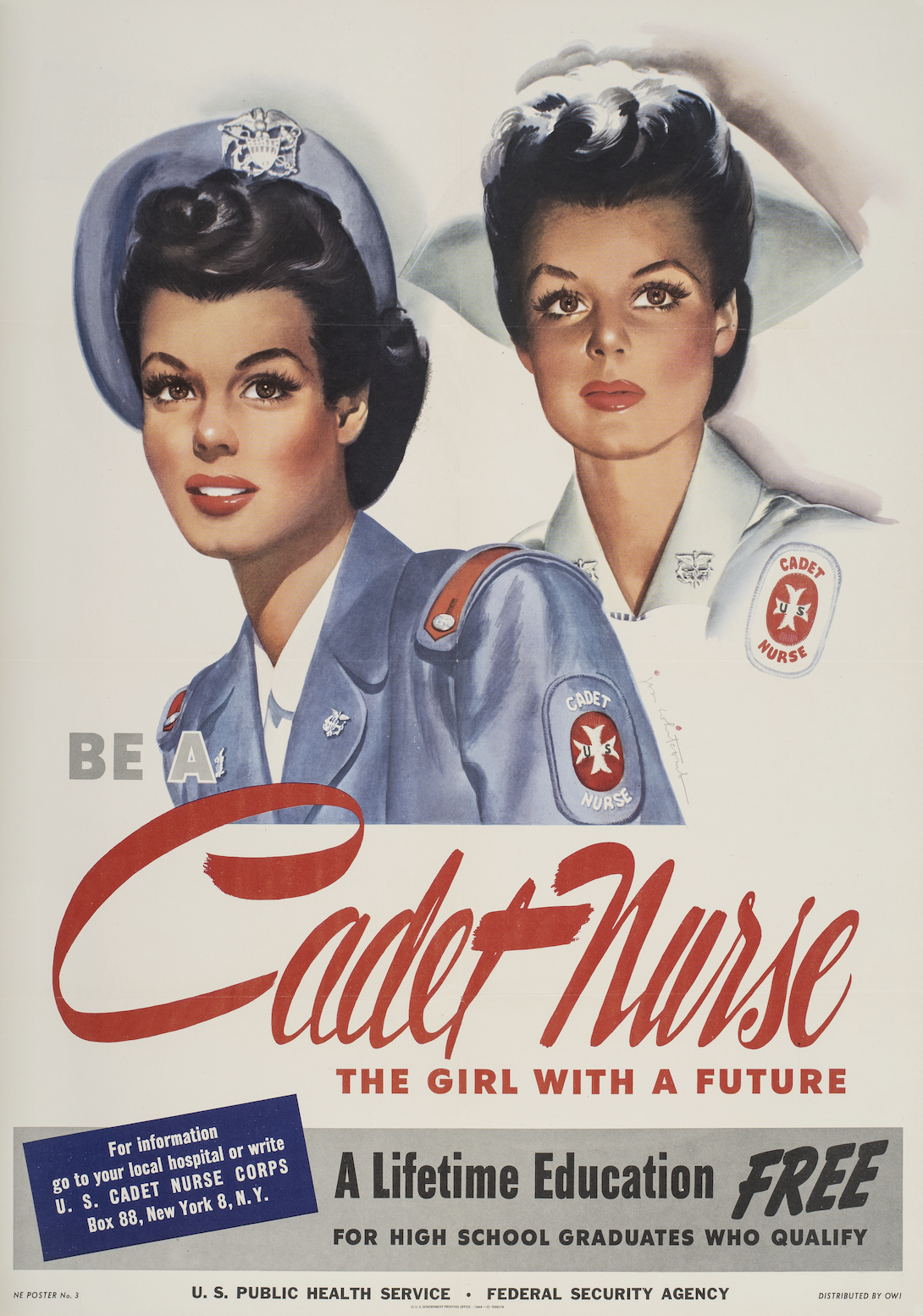June 2025: Free In-Person PD for Kansas Teachers
Posted by Gilder Lehrman Staff on

This summer, we are pleased to provide Kansas K–12 teachers with two opportunities to participate in free American history professional development workshops. Each workshop will be held from 9:00 a.m. to 3:30 p.m. and will feature a 2.5-hour lecture and Q&A with an eminent scholar, followed by a 2-hour pedagogy session.

